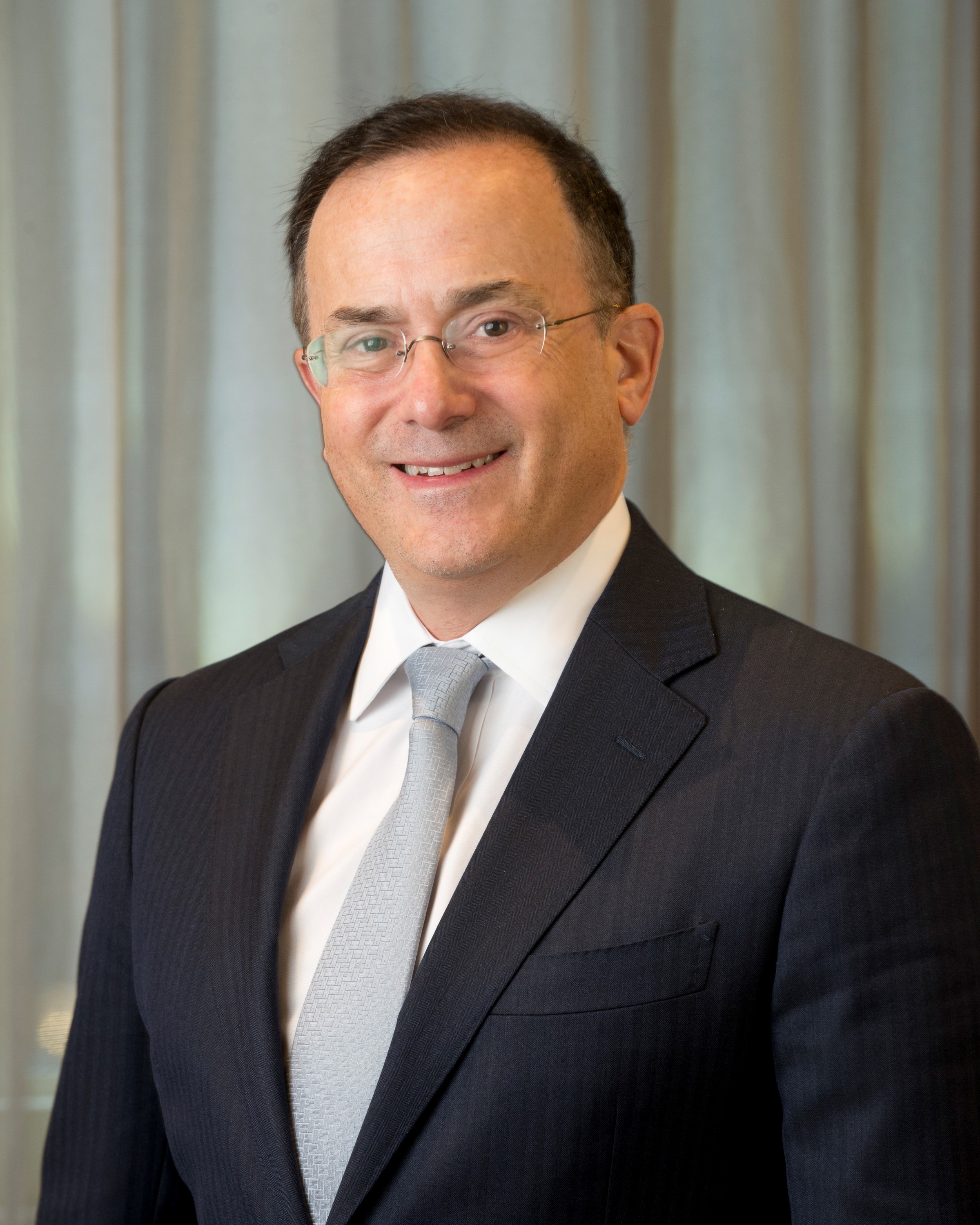Canada

January 23, 2025
Bedrock's Kestenbaum talks MUSSGA, Trump, and tariffs
Written by Stephanie Ritenbaugh
Alan Kestenbaum, the founder of Bedrock Industries and the former CEO of Stelco, praised the Biden administration for blocking the $15-billion acquisition of U.S. Steel and by Japan’s Nippon Steel.
Kestenbaum also urged the Trump administration – appealing to its “Make American Great Again” rhetoric – to keep the Pittsburgh-based steelmaker under US ownership.
Namely, he coined an acronym, MUSSGA, for “make U.S. Steel great again.”
Kestenbaum made the comments during an SMU Community Chat webinar on Wednesday. He discussed also tariffs, climate policy, and other topics. (The full replay is available here.)
MUSSGA
U.S. Steel can’t be made “great again” under current company management or under Nippon Steel, which Kestenbaum derided as “some Japanese company sitting there with 80 other plants.”
And he seemed to brush aside the potential anti-trust concerns of one US mill acquiring another, noting competition from imports.
“The country has fewer steel mills. Those are controlled by fewer people. We are short steel in this country. We import steel in this country,” Kestenbaum said.
“The notion of giving up control of this to a foreign power, who really doesn’t care, is a national security risk,” he said.
And so the US government “came up with the right answer” when it blocked the deal on national security grounds, Kestenbaum said. He pointed to the heightened risks US faces from rivals – such as China, Iran, and North Korea – and the potential for increased demand for steel from the military.
Kestenbaum also blasted U.S. Steel management over its stewardship both of the company and the sales process. “This is the worst managed company I’ve ever seen in my life,” he said.
U.S. Steel is positioned well with its own mines and its own coke batteries as well as one of the newer EAF mills in the country in Big River Steel. But even Big River has been “misrun,” Kestenbaum alleged.
The company could become one of the lowest-cost producers in the steel industry “with properly run plants,” Kestenbaum said. But, he added, “It needs to be controlled by Americans, and it needs to be rebuilt over the next several years.”
There is “plenty of capital out there to do this,” Kestenbaum said. “You don’t need Nippon Steel to come in and do this, to have someone … who’s running plants all over the world.”
USS and Nippon Steel respond
U.S. Steel issued a statement to SMU that its “disclosures and financial reporting are correct and complete, and we take seriously our obligation to be transparent and provide accurate and timely information to our investors and analysts.”
“Mr. Kestenbaum’s comments suggesting anything different were baseless and irresponsible,” the company added.
“U.S. Steel has a merger agreement with Nippon Steel and remains committed to completing it,” the company continued. “Only Nippon Steel’s partnership will deliver $55 per share to our shareholders and guarantee the significant capital investments and technology sharing needed to ensure a strong U.S. Steel for generations to come and protect jobs.”
“This transaction is the best avenue to truly make US Steel great again,” U.S. Steel said.
Nippon Steel did not offer any new comment. It pointed to a statement dated Jan. 3 that condemned the Biden administration’s decision to block the merger. Recall that Nippon and USS have since filed lawsuits to reverse the decision.
For those hoping that President Trump will undo the previous administration’s decision, Kestenbaum said not to bet on it. “I haven’t seen any sign of that at all,” he said.
Kestenbaum has a long history with U.S. Steel. His former company, Stelco, was acquired in November by Cleveland-Cliffs for $2.5 billion (CA$3.4 billion). Before that, Bedrock Industries, Kestenbaum’s investment company, acquired Stelco out of bankruptcy in 2017. Prior to that, Stelco had operated as U.S. Steel Canada after USS purchased it for $1.1 billion in 2007.
Tariffs
President Donald Trump has threatened to impose tariffs of 25% on imports from Canada and Mexico as soon as Feb. 1. Kestenbaum said he couldn’t read Trump’s mind. But he suspects that steel won’t be on the tariff list.
“I could be wrong,” Kestenbaum said. But he also noted that the Canadian steel industry managed through Section 232 – which in 2018 saddled it with 25% tariffs – well enough. The tariffs were removed the next year ahead of USMCA going into effect.
“The last time the tariffs were imposed on Canada – and I was there – we had probably one of our best years. Why? Because Canada imposed tariffs on American steel. So the same six million tons that Canada was shipping to the US, the US was shipping to Canada.”
“All that happened was American steel stayed in America. Canadian steel stayed in Canada,” he said.
Kestenbaum also isn’t sold on the idea that tariffs are just a negotiation tactic – especially with Feb. 1 just about week away.
“There’s no time to negotiate anything,” he said. “That appears to me that something’s happening. I really hope it doesn’t happen for steel.”
Potential acquisitions?
Asked whether Bedrock would be interested in acquiring Ilva, the financially struggling Italian mill now called Acciaierie d’Italia, Kestenbaum said, “I’m obviously not going to comment on things I’m looking at. But let’s just say I have a very, very, very full plate of opportunities, and through my experience I’ve been able to eliminate the ones that are just not salvageable.”
“I’m honing in, as we speak, on a couple of really interesting things,” he added.
He also said press reports about Bedrock buying Ilva were wrong. “Those press reports that are throwing my name around … You know, ‘He’s here and ready to do it.’ They’re not correct.”
Reducing emissions
When it comes to lower emissions, technologies such as hydrogen-based DRI are a “necessary piece of the supply chain.” But they’re not the full answer, Kestenbaum said.
He pointed to EAF steelmakers such as Nucor and Steel Dynamics making progress in reducing carbon emissions with lower cost methods. “You’re going to see some unbelievable things for these guys,” Kestenbaum said.
“Let me just paint you an example. These guys, like they’re going to get their carbon down so low, their markets are going to start pivoting,” he said.
That’s because of the Carbon Border Adjustment Mechanism (CBAM) enacted by the European Commission. Payments on embedded emissions in imports are scheduled to start in 2026.
Once Europe is in “CBAM mode,” US EAF mills will have “a choice to ship to the US or Europe,” he said.
“The imports are going to have to pay a level of carbon tax,” Kestenbaum said. “So the prices in Europe are going to be much, much higher. The biggest beneficiary I see from that is Nucor and SDI.”
And “none of this depends” on DRI made from hydrogen, he said.
“If you want to play green steel, those are the two companies,” Kestenbaum said. “Others are realizing how expensive it is to build a DRI plant and how expensive it is to use hydrogen.”






